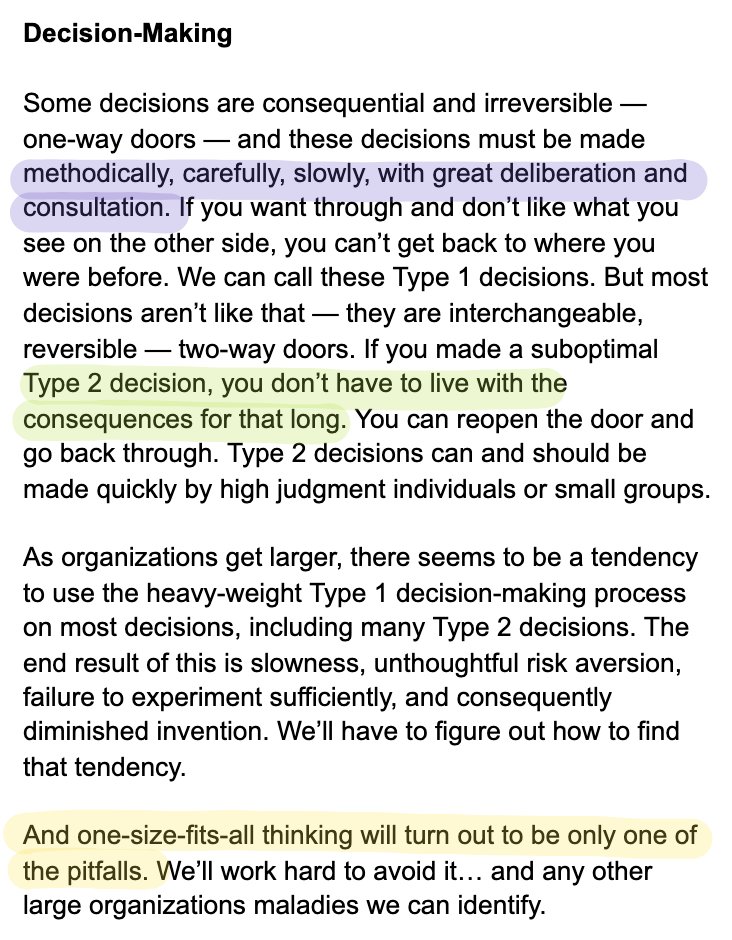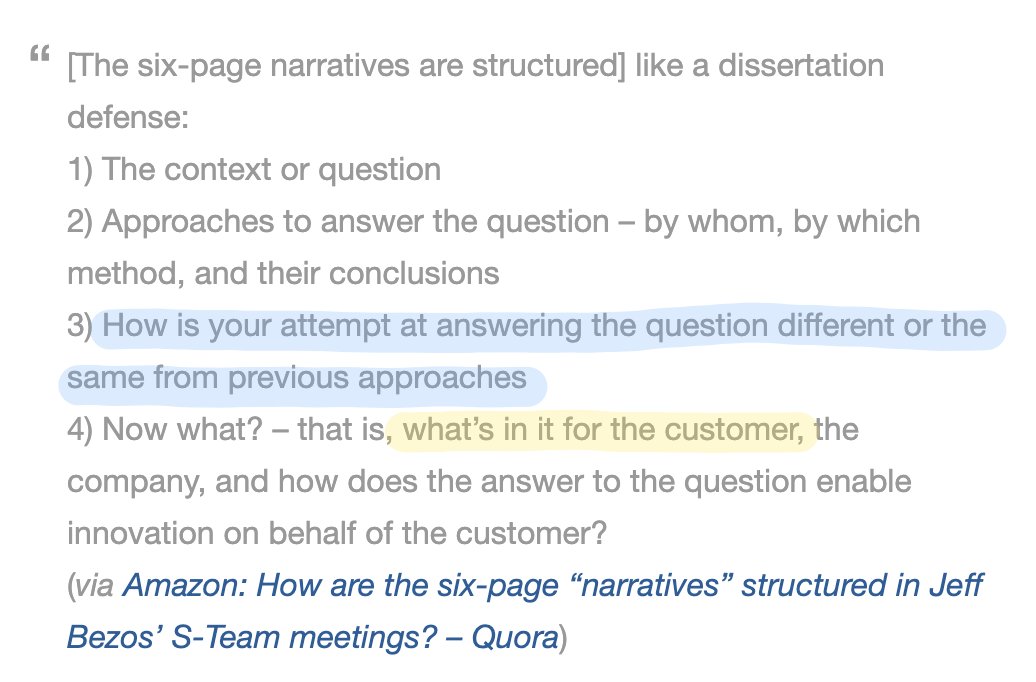
The biggest pattern I’m seeing with friends right now is watching them achieve everything they’ve wanted to achieve, only to realize that career success isn’t the dream they were promised
I don’t know @noampomsky personally, but I resonate with her observations here. How it is that our brightest and most talented people ace the SATs and attend the best schools in the world, only to work in.... management consulting.
That’s the trophy we’re chasing?
That’s the trophy we’re chasing?

“I think that the ultimate way you and I get lucky is if you have some success early in life, you get to find out early it doesn’t mean anything. Which means you get to start early the work of figuring out what does mean something.”
— David Foster Wallace
— David Foster Wallace
https://twitter.com/david_perell/status/1360359243271073798
The Arrival Fallacy: The illusion that once we make it, once we attain our goal or reach our destination, we will reach lasting happiness.
(Source: Tal Ben-Shahar, Harvard professor)
(Source: Tal Ben-Shahar, Harvard professor)
• • •
Missing some Tweet in this thread? You can try to
force a refresh












